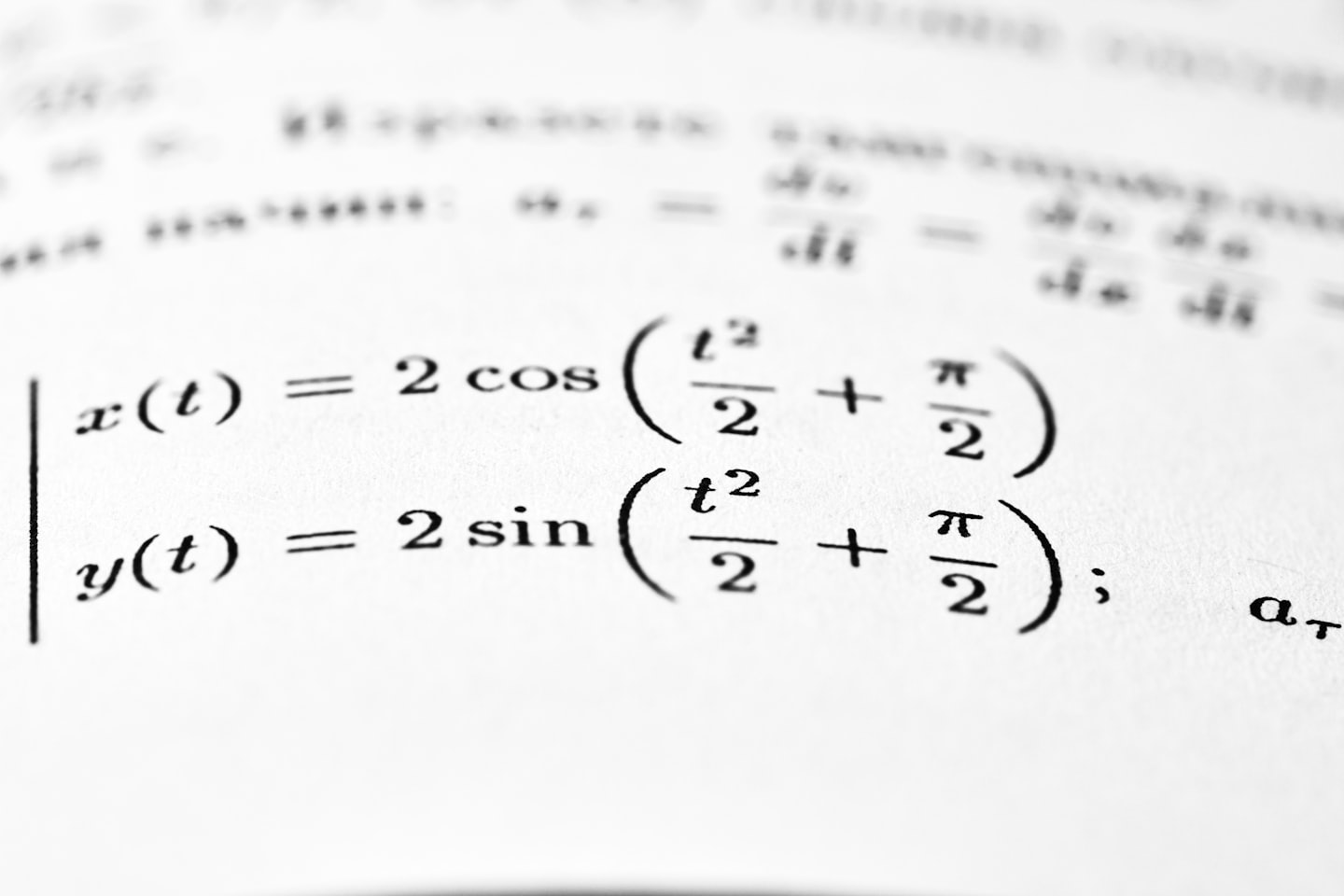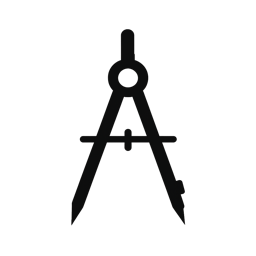Master Essential Skills for Confident Success
Discover the key learning goals and real-world applications of Functional Skills Mathematics Level 2 (Equivalent of a GCSE Mathematics Grade 4 Pass).
Practical Problem Solving
Develop your ability to tackle everyday challenges using maths, enhancing decision-making and critical thinking.
Core Mathematical Concepts
Gain a solid understanding of essential topics like algebra, geometry, and statistics to build a strong foundation.
Application in Real Life
Learn how to apply mathematical reasoning to workplace and personal scenarios for greater efficiency and confidence.

Discover Functional Skills Level 2
An overview of core topics and learning outcomes.
Mathematical Reasoning
Develop problem-solving skills using real-world scenarios.
Data Handling
Learn to interpret and present data effectively.
Number Operations
Master calculations with whole numbers, decimals, and fractions.
Measurement and Shape
Understand units, measurements, and geometric properties.
Explore Core Functional Skills
An overview of key resources to support your Level 2 maths journey.
Number and Calculations
Master fundamental number operations to build strong mathematical skills.
Problem Solving Techniques
Develop methods to tackle real-world problems with confidence and clarity.
Data Interpretation
Understand how to analyze and present data effectively in varied contexts.
What topics does Functional Skills Level 2 cover?
Explore key questions about the Level 2 syllabus to help students and educators navigate the curriculum with confidence.
Which core mathematical skills are included in Level 2?
Level 2 covers number operations, algebra, geometry, statistics, and problem-solving skills.
How is the Functional Skills Level 2 assessment structured?
The assessment includes both practical and written tasks to demonstrate applied mathematics.
Who can benefit from taking Functional Skills Level 2?
This qualification is ideal for learners aiming to improve essential math skills for work and daily life.
How does the curriculum support real-world applications?
It focuses on practical math skills, enabling students to solve everyday problems effectively.
